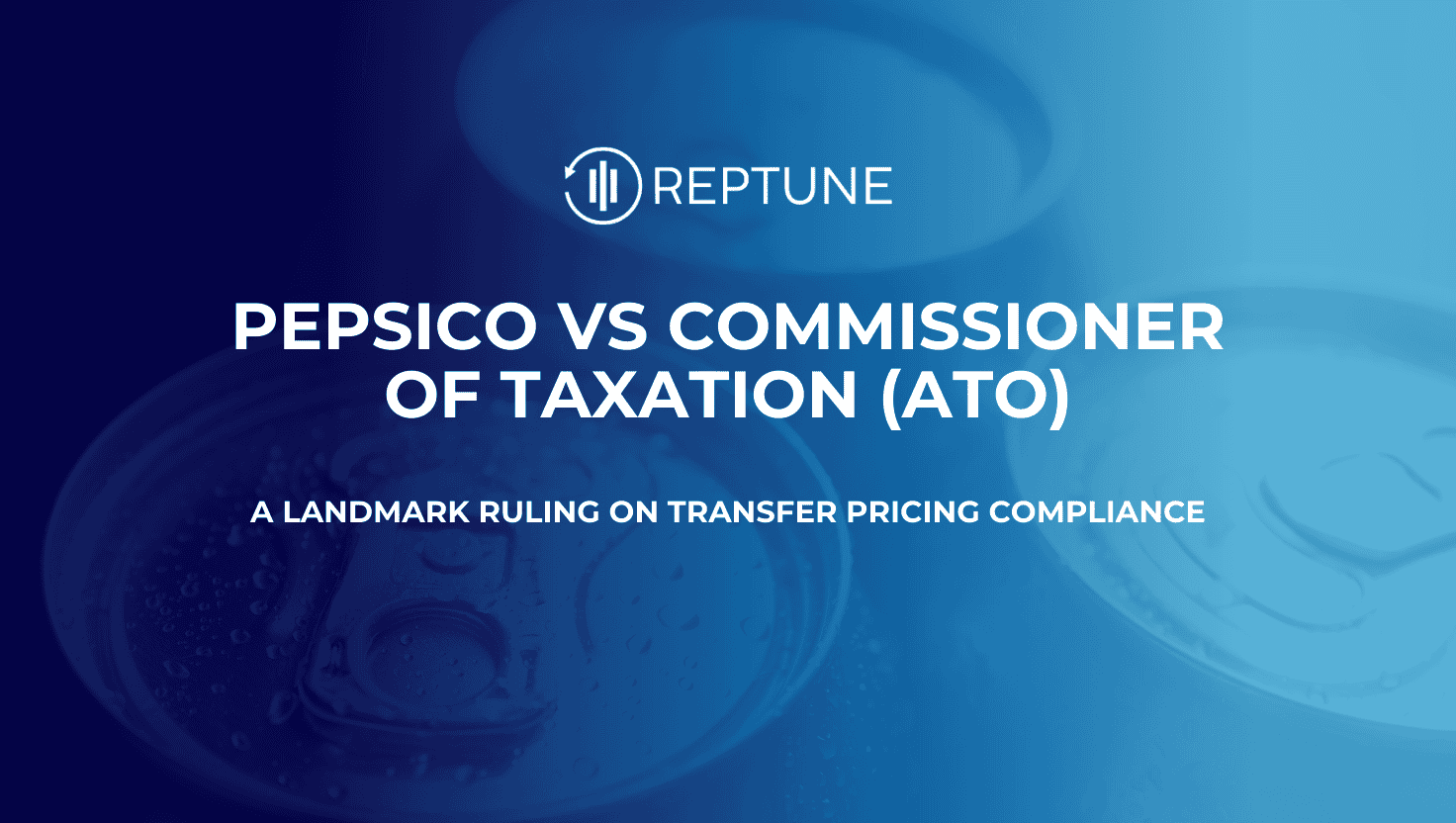
A recent High Court of Australia decision has set a powerful precedent in the world of transfer pricing compliance. In the closely watched case of PepsiCo vs Commissioner of Taxation, the court sided with the multinational beverage giant in rejecting the Australian Taxation Office’s (ATO) attempt to extract and reclassify a portion of product sales as royalty payments.
This ruling tackles a fundamental issue for multinational corporations: can tax authorities break down a single price paid for tangible goods or services, isolate the value attributed to embedded intellectual property (IP), and classify that portion as a royalty, thus exposing it to additional taxes like withholding tax?
The case revolved around the sale of Pepsi concentrate to Schweppes Australia. On the surface, Pepsi concentrate might seem like an unremarkable product: a sugary syrup composed of sweeteners, flavorings, acids, and coloring agents. But beneath this gooey mixture lies decades of branding, marketing, and IP investment that elevate it far beyond its chemical composition.
The ATO viewed the situation through a tax lens. Since Schweppes Australia paid a price that implicitly included brand value, they argued that part of the transaction constituted a royalty—a claim that would lead to substantial tax liabilities for PepsiCo in Australia.
The core issue was whether a payment that appears to be for a tangible product—when imbued with significant brand value—should partially be reclassified as a royalty under Australian tax laws. If allowed, this would open the door to broader transfer pricing risks, especially where intercompany transactions involve branded or value-added products.
In practical terms, it would mean that global businesses would have to break down every bundled transaction, segregating the value of IP and facing potential double taxation across tax jurisdictions.
The High Court rejected the ATO’s claim in a narrow 4–3 ruling, reinforcing the principle that courts must respect arm’s-length commercial agreements and bundled pricing—unless there is compelling evidence to suggest otherwise.
The judgment emphasized several key factors:
This verdict reassured taxpayers that transfer pricing methods and structures—when supported by strong documentation and principal documents—will not be easily unraveled by tax authorities.
This case is more than a local tax dispute; it serves as a cautionary tale and a relief valve for companies navigating global transfer pricing regulations. The implications are vast:
Bundled Pricing Is Defensible
The court’s decision affirms that bundled pricing structures are legitimate and cannot be deconstructed without clear contractual justification.
Documentation Requirements Matter
Having a comprehensive master file, transfer pricing reports, and a well-developed country-by-country report (CbCR) is vital to resist recharacterization attempts.
Functions, Assets, and Risks (FAR) Analysis Is Critical
This case underscores the need to document the allocation of functions, assets, and risks across entities. When parties function independently, courts are less likely to infer disguised IP arrangements.
IP-Rich Goods Are Safe—For Now
The ruling helps protect companies selling goods rich in IP value from sudden claims of embedded royalties, a trend that could have otherwise escalated across other tax jurisdictions.
Globally, the Internal Revenue Service and other tax authorities have begun focusing more intensely on IP-related profit allocations. This includes aggressive auditing of intangible-heavy intercompany transactions, especially in industries like tech, pharma, and consumer products. Without strong transfer pricing documentation, companies could find themselves vulnerable to reclassification, even if their transactions are conducted at arm’s length.
This ruling also reaffirms the critical need for digital tools that safeguard documentation and pricing logic. Reptune, a robust transfer pricing software, is uniquely positioned to support multinationals by:
In a time where transfer pricing regulations are tightening and compliance risk is rising, Reptune helps ensure documentation is aligned with evolving international standards.
The High Court of Australia’s decision in PepsiCo vs Commissioner of Taxation is a significant victory for global businesses. It establishes a clear boundary: multinational corporations should not be penalized for selling branded products just because they include intangible value. Provided that documentation requirements are met, contracts are respected, and transactions reflect arm’s length principle benchmarks, companies can operate with greater confidence.
As governments look to curb tax avoidance and enforce stricter reporting through initiatives like BEPS, documentation remains a company’s strongest line of defense. With the right tools—like Reptune—companies can document, defend, and demonstrate the integrity of their intercompany transactions, protecting themselves against surprise liabilities across all tax jurisdictions.
